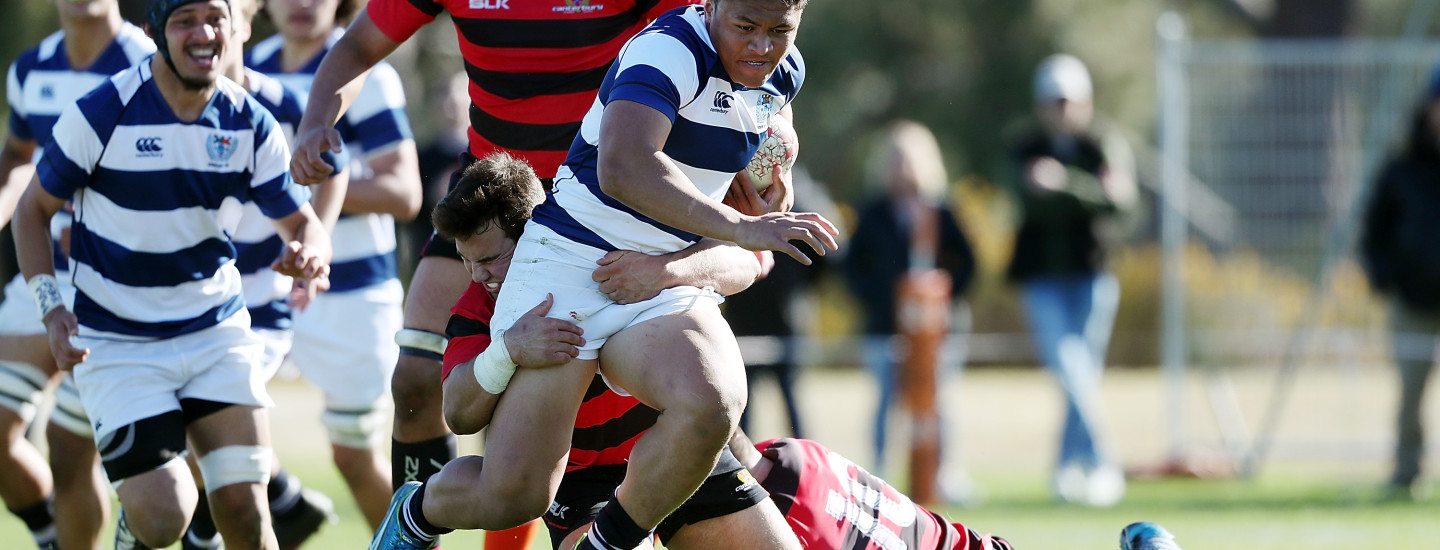Safe techniques
Mastering safe techniques is essential for every rugby player, regardless of experience level. By learning and practicing proper form for tackles, rucks, and other high-impact aspects of the game, you can significantly reduce your risk of injury and enhance your performance on the field.
Why tackling safely matters
If you're playing contact rugby, knowing how to tackle safely is crucial. It's not just about stopping the other team - it's about keeping yourself and others safe on the field.
Every player is different. Your size, age, and experience all matter when learning to tackle. Here's how to approach it:
- Start with the basics
- Practice regularly
- Move to more advanced skills when you're ready
Richie McCaw: Rugby Tackle Techniques
Learn how to tackle with Richie McCaw's tips on tackle technique and tackle attitude.
Four steps to tackle mastery
1. Build Your Confidence
- Get comfortable with the tackling position
- Practice without full contact at first
- Focus on proper form and body positioning
2. Develop Proper Technique
- Learn the correct way to tackle
- Practice the steps slowly
- Pay attention to head position and arm placement
3. Improve Your Execution
- Apply your skills in different situations
- Learn to tackle players of different sizes
- Practice reacting quickly to changes in direction
4. Perform Under Pressure
- Practice tackling when you're tired
- Learn to maintain good form even at the end of a game
- Simulate match conditions during training
Below sternum 123 | Rugby Toolbox
Fingers crossed you see instant improvement after watching this video. I've used a combination of personal experience and a never-ending passion for rugby to piece together what factors come together to complete an effective tackle. Don't worry, each of these tips can be used to inform coaches, parents or friends.
Where to find help
The Rugby Toolbox website has lots of drills and tips to help you improve. You'll find exercises for all four stages of learning to tackle.
Remember: Good tackling takes time to learn. Be patient, practice often, and always prioritise safety. Your skills will improve with each training session!
